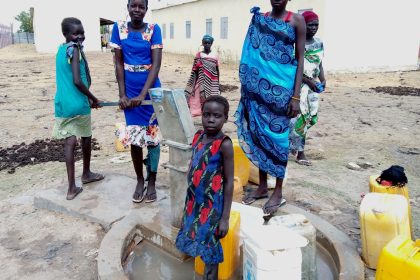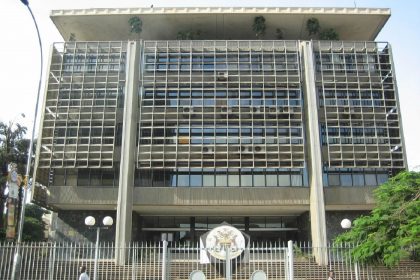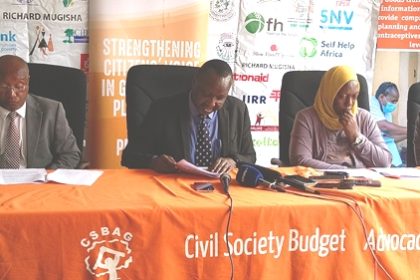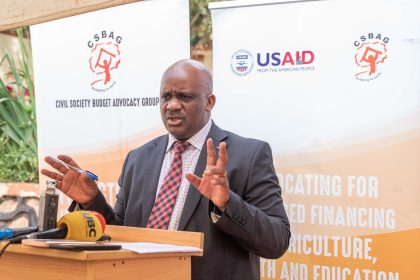Regional tentative policy to govern cross-border labour gets approval
 The overall aims of the policy are to advocate for the protection of migrant workers; strengthen labour migration governance and maximise the benefits accruing from labour migration.
The overall aims of the policy are to advocate for the protection of migrant workers; strengthen labour migration governance and maximise the benefits accruing from labour migration.
East African Community (EAC) senior labour officials and experts recently agreed on a regulatory framework policy to govern the migration of workers both across the common borders and from outside the Community.
Speaking in Bujumbura on January 20, after the four-day meeting, the EAC Director of Social Sectors at the Secretariat Dr. Irene Isaka said, “The policy is not a legal instrument with a legal binding force. But it serves as a guiding document to Partner States with similar policies to align them to a regional standard. Or Partner States with no policy could customise theirs to the regional labour migration policy. The policy can also assist in the review of Partner States policies that had been undergoing implementation.”
The overall aims of the policy are to advocate for the protection of migrant workers; strengthen labour migration governance and maximise the benefits accruing from labour migration.
She said the idea to develop a policy was proposed by Labour Migration Experts in 2013. After wide consultations, and with the support from the African Union Commission Joint Labour Migration Program, the policy was developed and presented to the Forum of Ministers of Labour and Employment in October 2021. After the endorsement of the policy by the regional Ministers of Labour and Employment, it was then, updated and consulted upon at regional level and social partners at sub-regional level.
The policy whose implementation plan spans from 2025-2030, has 10 key priority areas namely: Labour Migration Governance; Harmonisation of Labour Migration Policies; Protection and Empowerment of Migrant Workers; Access to Social Protection and Social Security Benefits; Mutual recognition of Academic and Professional Qualifications.
Other priorities are, Recognition of Skills Obtained through Informal Training; Promotion of Fair and Ethical Recruitment Practices; Remittances by Migrant Workers; Exchange of Young Workers; and Labour Market Information Systems.
The policy recognises that Partner States have also put in place robust efforts to recognize, certify, and qualify skills acquired through experiential learning. However, a notable gap remains at the EAC level where there is currently no specific mechanism for the recognition of such skills.
Isaka said the gap underlines the urgent need to integrate skill recognition components into the ongoing development of frameworks across labour, education, vocational training, and skills development sectors. The policy also takes cognisance of the fact that remittances by migrant workers is not explicitly addressed in the EAC legal and regulatory provisions, and thus, the need to develop appropriate mechanisms for migrant workers engagement in the development of the Community, becomes critical.

 Unpacking results-based financing: balancing strengths with weaknesses
Unpacking results-based financing: balancing strengths with weaknesses
 Mergers and degradations predicted as Uganda lenders move to comply with higher capital thresholds
Mergers and degradations predicted as Uganda lenders move to comply with higher capital thresholds
 Uganda on edge of debt distress, needs 35 years to settle domestic arrears
Uganda on edge of debt distress, needs 35 years to settle domestic arrears
 Uganda raises purity standards for tin exports
Uganda raises purity standards for tin exports
 CSBAG warns fiscal indiscipline and runaway graft a threat to Uganda’s economic recovery
CSBAG warns fiscal indiscipline and runaway graft a threat to Uganda’s economic recovery
 Suspected Ethiopian diplomatic breach leads to AfDB partial staff exit
Suspected Ethiopian diplomatic breach leads to AfDB partial staff exit
